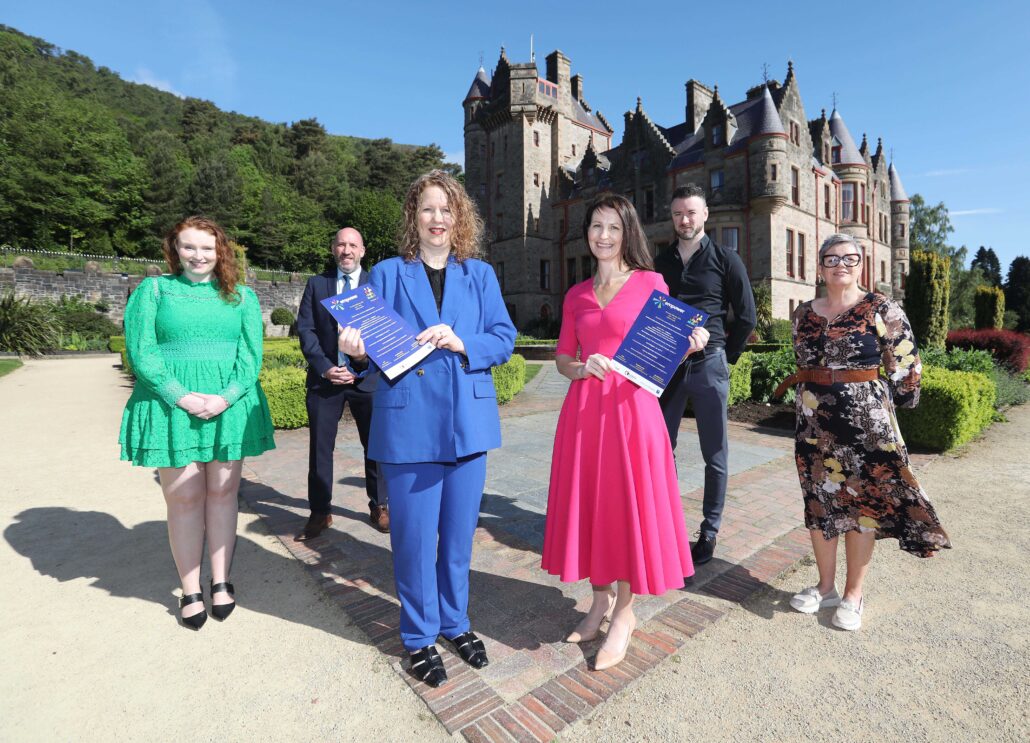When the Fellowship Programme is the inspiration for a £4.6mn programme to address disability employment

I enrolled on the CDPB Fellowship Programme as an opportunity for personal development and to consider ways in which civic society organisations can have a greater role in driving forward a sustainable peace. While the Fellowship Programme did provide opportunities to develop, grow and inform peace building, it has offered so much more.
The Fellowship Programme includes a unique assessment process in which leaders from across the region work together to identify a societal challenge and then seek to address that challenge. This process, Design Thinking, was delivered by Fujitsu and included a full day session at the Oxford residential. The persistent cost of living emergency, political impasse and public finance crisis were the backdrop to my group’s work. Together as a group of cross-sectoral leaders, we considered how the current societal context would impact upon disabled people and disabled person’s organisations.The challenge was vast and multi-faceted.
While this is a complex issue, the Design Thinking process kept disabled people at the heart of the challenge. The process identified that while funding and investment were important, disabled people wanted credible employment opportunities and ways to develop entrepreneurship. From this the seeds of the Empower programme were planted. Empower is a £4.6mn programme funded by the UK government and will support two thousand disabled, autistic and/or neurodivergent people to secure careers across all sectors and all levels of careers, including those who seeking to be entrepreneurs. Some of the Fellowship Programme’s partners are also partners in the programme, including Allstate NI, alongside Empower’s lead partners USEL, Disability Action and Specialiststerne.
Overall, the Design Thinking process was crucial to establishing the Empower programme. My group of cross-sectoral leaders were able to critically engage with this complex issue to identify multiple opportunities and provide the infrastructure to drive the programme forward. Further collaborative action and access to decision makers informed the decision of the UK government to increase the amount of funding available through the UK Shared Prosperity Fund. Throughout the process to obtain funding, Design Thinking was vital to ensuring two thousand disabled, autistic and/or neurodivergent people will receive essential support in the midst of our current societal context.
Nuala Toman, class of 2022-23 Fellow
Design Thinking session was delivered by Fujitsu.



